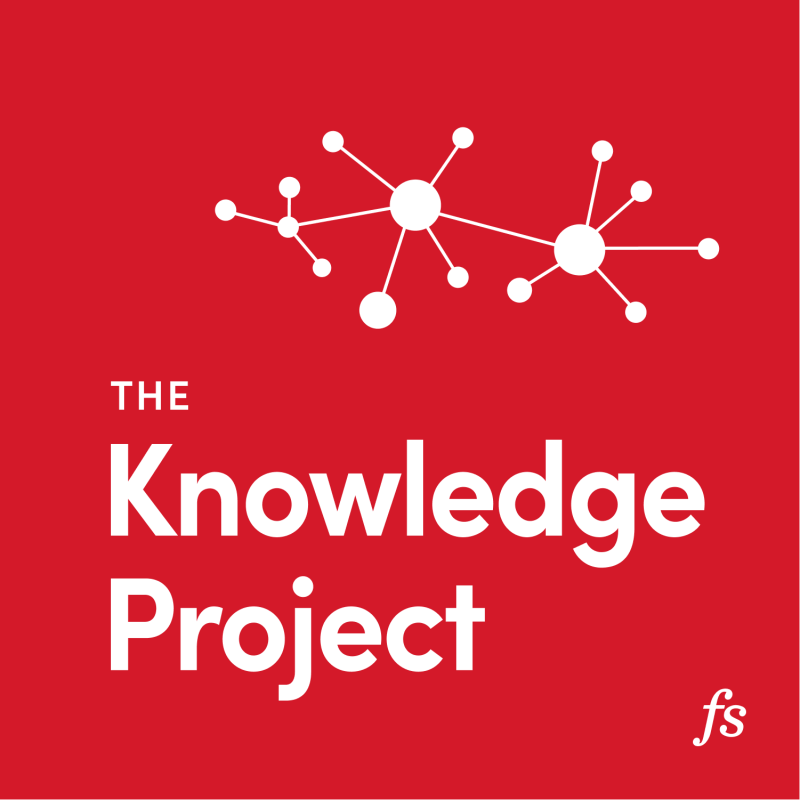Author of one of the best business books of all time, The Personal MBA, Josh Kaufman chats with Shane about rapid skill acquisition, mental models, decision making, overcoming fear and so much more.
Now available on: YouTube | Apple Podcasts | Spotify | Transcript
Here are a few highlights from the conversation:
The Personal MBA became a project where instead of going to school, I decided to read and research on my own. And the litmus test for what became the ideas in The Personal MBA, the book, was trying to find all of the business concepts that makes sense in both of those domains. What are the ideas that you need to know to succeed in the hugest businesses in the world or in the type of business that you can start by yourself on a weekend?
Mental models are for mental simulation, and the best business people in the world, A, have more and more accurate mental models to draw from. So they have a more comprehensive understanding of what a business is, how it works, how to make it better. And then they’re able to use that mental representation in the context of a real business to make changes, run experiments, try different things and keep doing what works and stop doing what doesn’t. If you do that over a long enough period of time the business as a whole becomes much much better.
When somebody is trying to write a business plan for the first time. My advice to them is very simple take out a sheet of paper, you have five subheads value creation, marketing, sales, value delivery and finance. If you can sketch out in detail what each of these processes look like in the business, you’ll be in really good shape.
Going back to our conversation of Munger, he has a lot of very good quotes about the best way to do well is to avoid making avoidable mistakes. There’s a certain context in which that’s true and those are the high stakes things that are difficult to reverse that are very expensive, that are very destructive. Yeah, those are the things you absolutely don’t want to screw up. And on the other end of the spectrum where you have more latitude, screwing up more is a way to increase your rate of learning, and to increase your knowledge and that gathering of knowledge has compound returns in and of itself. And so in many areas of both life and business more experimentation means more mistakes but it also means more results and more growth.
The people who have the habit both of learning and experimenting, but then also reflecting and capturing their progress and deciding what to do next consciously instead of just trying a bunch of things, throwing spaghetti against the wall that kind of approach. The more deliberate and focused and intentional you are about this process of improvement, the more you’re going to improve per unit of time.
One of the most valuable things that your peer group can do or the people you surround yourself with, they can have experiences that you wouldn’t expect would work. They can try things that you’ve never tried before, they can do experiments that maybe don’t work out and you can learn from that. And so just having a group of people who are trying to do roughly the thing that you’re trying to do, and they’re doing, they’re making their own risks, they’re doing their own experiments they’re collecting data and then sharing back, there’s an enormous amount of value in that.
The fact of the matter is from a business context if you build positive social signals into your business in some way shape or form, if the people who you want to become your customers look at your offer and say, yeah, this is going to make me look really good then the offer is immediately more enticing than it would be without that social status.
For me success is working on projects that I value and I think are important with people that I like, in a way that allows me to take care of myself and my family. That’s it. And so, if I’m doing those things I am being successful. If one or more of those things are slipping then something needs to change.

